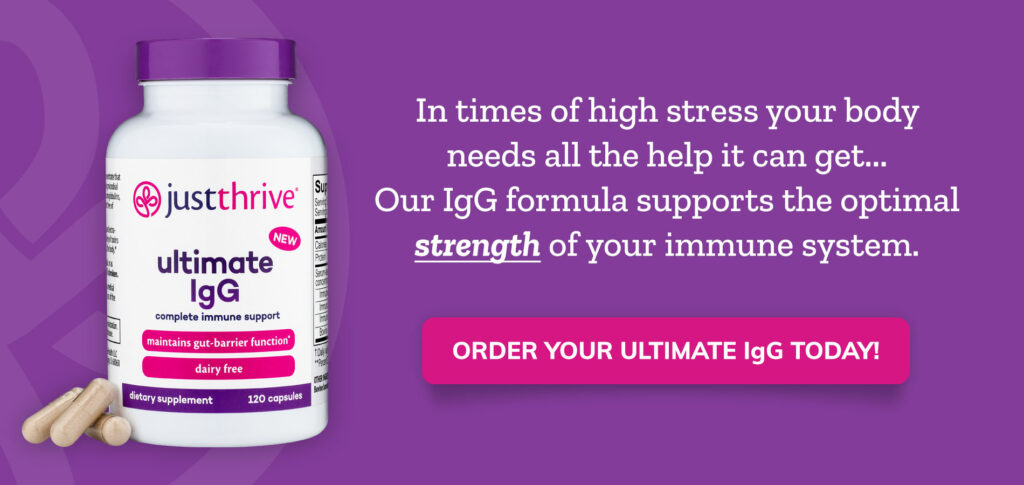Aluminum is the most abundant metal on our planet’s crust, and has countless uses. It’s both lightweight and durable, and is found in airplanes, cans, pots and pans, as well as consumer products like flour, aspirin and antacids. We’re exposed to aluminum through various means, including drinking water, vaccines and antiperspirants. The issue here is that the body has no use for aluminum, so accumulation of it can cause stress and harm to the body.
The biggest consumer product that has had a backlash to aluminum usage is the antiperspirant. The aluminum salts in antiperspirants work to block the eccrine duct, which is where sweat is released from the body. It’s important to note here that deodorants do not include aluminum salts, but rather antibacterial ingredients to fight the bacteria that causes the body odor we all know well.
Other sources of aluminum exposure include food additives and cooking utensils. Aluminum ammonium sulfate, aluminum nicotinate, aluminum stearate, aluminum potassium sulfate, aluminum sodium sulfate, aluminum calcium silicate, sodium aluminum phosphate and aluminum sulfate are all aluminum-based food additives that are approved by the U.S. Food and Drug Administration. These are commonly found in baking powder, processed cheese and other processed foods.
Cooking utensils commonly contain aluminum due to its ability to conduct heat uniformly across the pan – this helps food cook evenly. Cooking acidic foods on an aluminum pan can cause the aluminum to be absorbed into the food. Be sure not to scratch your pans while cooking, as this can cause the aluminum on the pan to be scraped off onto your food.
Although aluminum exposure isn’t extremely high in each product, the results from studies have shown that the accumulation can be dangerous. This study showed that aluminum accumulation in the brain can lead to toxic damage of cells, similar to results found in Alzheimer’s patients. Its usage has been suspected as a link to a parallel rise of breast cancer and prostate cancer. This study, while not confirming that aluminum exposure from antiperspirants is a cause of breast cancer, showed that it creates oxidative stress in breast tissue, and questions the belief that it’s completely safe.
An important thing to note is that because the kidneys are in charge of eliminating aluminum from the body, the FDA has made it clear that those with kidney disease should steer clear from aluminum-containing products as best they can.
To reduce your exposure to aluminum, there are a few different options. Try checking out EWG’s Food Scores to find out if what you’re eating contains aluminum, and the Skin Deep Cosmetics Database product scores to check your cosmetic products. Look for deodorants that utilize therapeutic-grade essential oils and other natural ingredients to help stave off odor.

